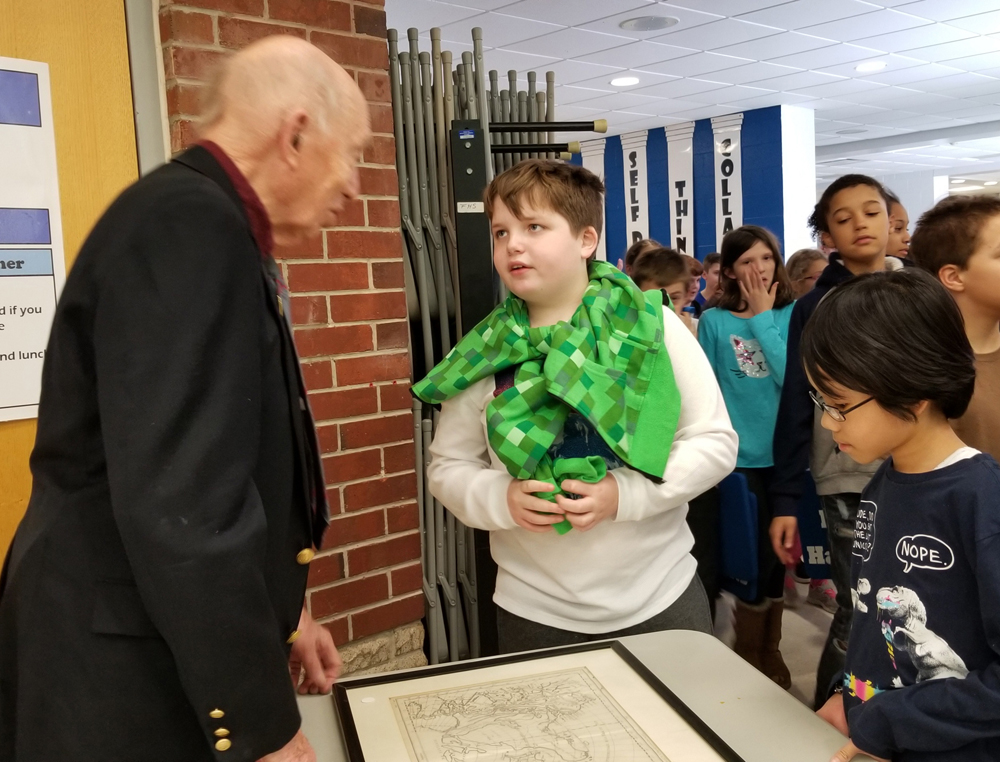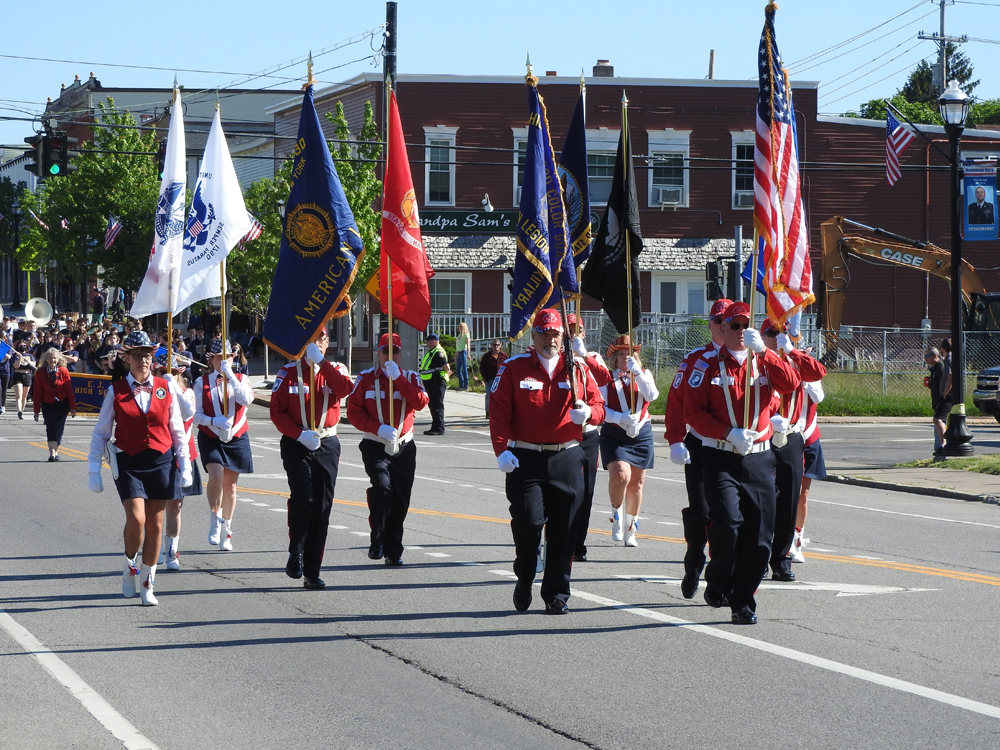Exploring the intersection of gender and race in the women’s suffrage movement
In honor of Black History Month, and as part of a series of special programs commemorating the 100th anniversary of the 19th amendment, Women’s Rights National Historical Park will host two speakers in February to talk about the intersection of gender and race in the women’s suffrage movement. Both programs are free to the public and will take place at the park’s visitor center, located at 136 Fall Street in downtown Seneca Falls.
On Saturday, February 15, at 11 a.m., Dr. Barbara LeSavoy, Associate Professor in the Department of Women and Gender Studies at The College at Brockport, will present “Fannie Barrier Williams: 100 Years after Suffrage and the Legacies of Race, Gender, and Civic Voice.” Her talk will spotlight Fannie Barrier Williams (1893-1918), an African American suffragist, writer, orator, and social justice reformer from western New York who worked with Susan B. Anthony, Frederick Douglass, and Ida B. Wells Barnett. Williams was born in Brockport, and in 1870 was the first African American woman to graduate from the Brockport Normal School, now The College at Brockport. Fighting in an era fraught with racial discrimination, Williams became a major, nationally recognized figure on social justice, civil rights, and gender issues. Despite her extraordinary accomplishments, Williams is not a familiar name in U.S. suffrage or women’s rights history. Placing Williams front and center in commemorating the centennial passage of the 19th amendment, this talk takes up questions on race, gender, and empire with a focus on the mythologizing of equality for all women as it intersects suffrage movements.
On Saturday, February 29, at 2 p.m., the public is invited to hear Dr. Laura Free, Associate Professor of History at Hobart and William Smith Colleges, present “Elizabeth Cady Stanton, Racist?” How do we deal with the complicated history of racism in the women’s suffrage movement? How can we recognize the milestone accomplishments of early feminists, while also holding them accountable for their harmful, elitist views? This talk grapples with the complicated race- and gender-politics Elizabeth Cady Stanton engaged in in the 1860s, exploring how her racism informed her feminism. It seeks to contextualize her actions within her contemporary political moment, as well as to recognize and bring to light the troubling racism of one of the founding foremothers of American women’s rights activism.
To learn more about exhibits, programs, and events available at the park, visit www.nps.gov/wori or www.Facebook.com/womensrightsnps, or call 315-568-0024.
Provided information



